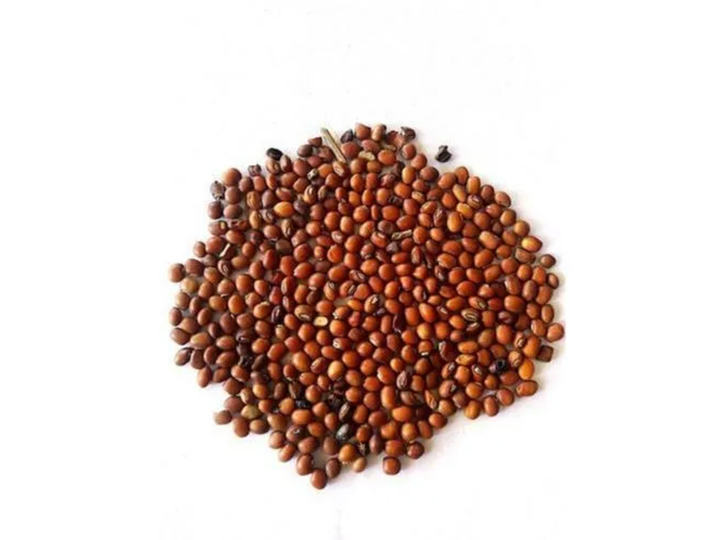Our Products
Our Products range: Nature’s Best, Delivered with Precision
PEANUTS
Peanuts are rich in essential nutrients (right table, USDA nutrient data). In a 100 g serving, peanuts provide 570 calories and are an excellent source (defined as more than 20% of the Daily Value, DV) of several B vitamins, vitamin E, several dietary minerals.
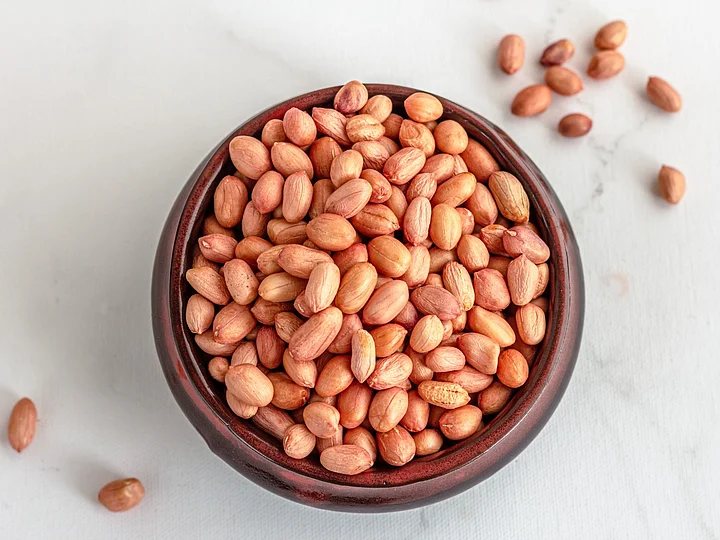
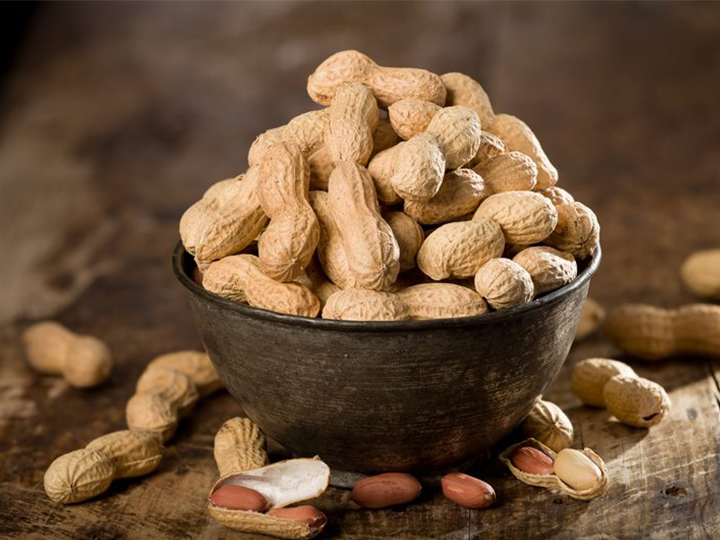
IN SHELL PEANUTS
In 2016, world production of peanuts (reported as groundnuts in shells) was 44 million tonnes, led by China with 38% of the global total followed by India (16%)(table). Other significant producers were Nigeria, the United States, and Sudan.
WHITE SESAME
It is used frequently in Middle Eastern, Asian, Mediterranean, and northern African cooking. You will find that sesame oil is an extremely important ingredient for some countries.
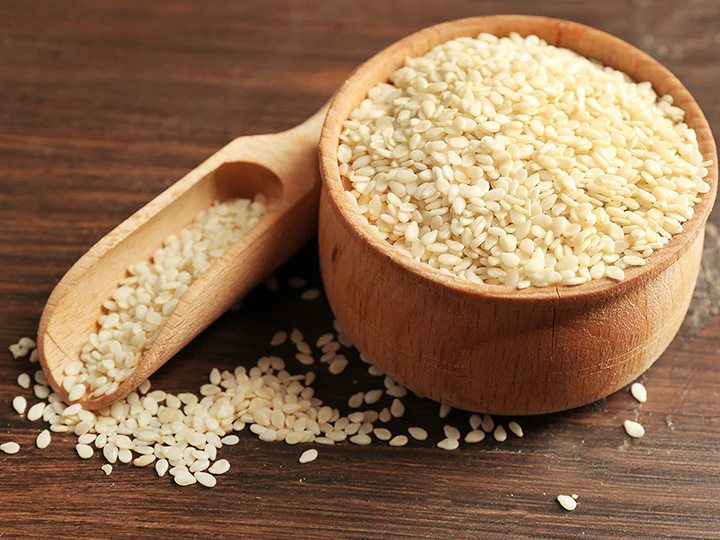
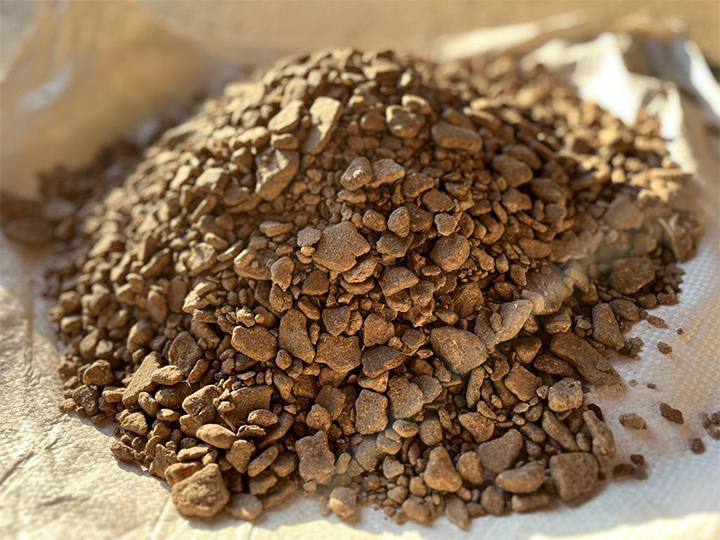
PEANUTS MEAL
Is the by-product obtained after the extraction of oil from peanut seeds (also called peanuts). It is a protein-rich ingredient that is widely used to feed all classes of livestock. Peanut meal is the sixth most common oil meal ingredient produced in the world.
CHICK PEAS
Its different types are variously known as gram or Bengal gram, garbanzo or garbanzo bean, and Egyptian pea. Chickpea seeds are high in protein. It is one of the earliest cultivated legumes and 7500-year-old remains have been found in the Middle East.
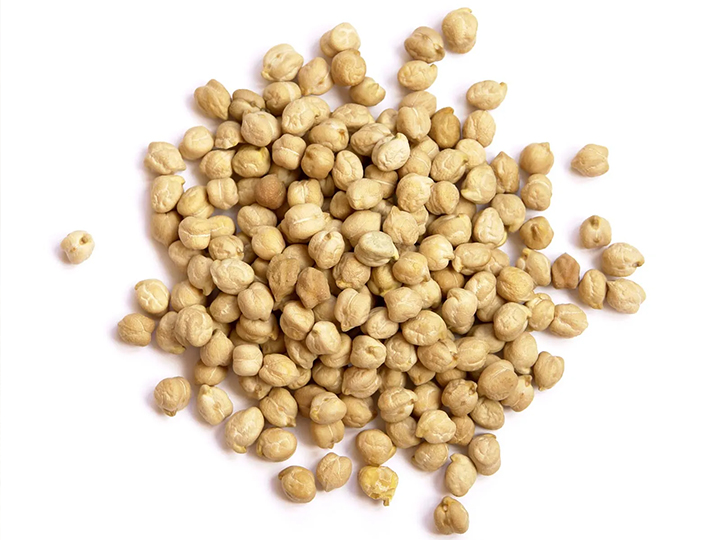
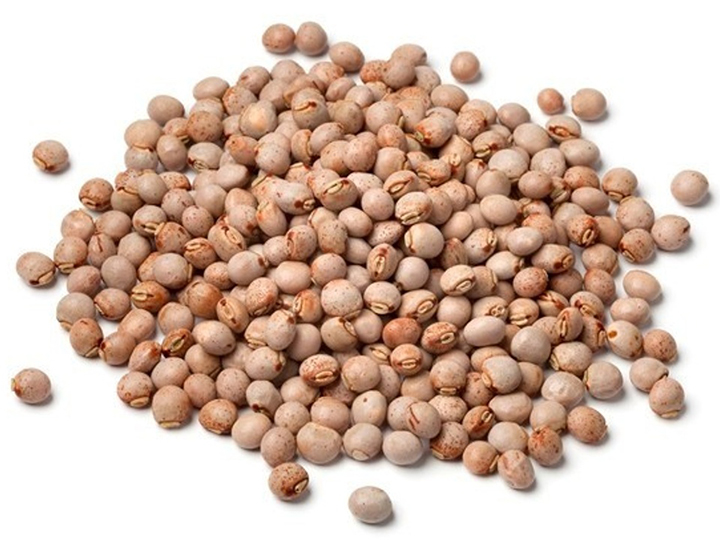
PIGEON PEAS
Since its domestication in the Indian subcontinent at least 3,500 years ago, its seeds have become a common food in Asia, Africa, and Latin America. It is consumed on a large scale mainly in south Asia and is a major source of protein for the population of the Indian subcontinent.
WATER MELON SEEDS
In 2016, global production of watermelons was 117 million tonnes, with China alone accounting for 68% of the total.[42] Secondary producers with more than 1% of world production included Turkey, Iran, Brazil, Uzbekistan, Algeria, the United States, Russia, Egypt, Mexico, and Kazakhstan.
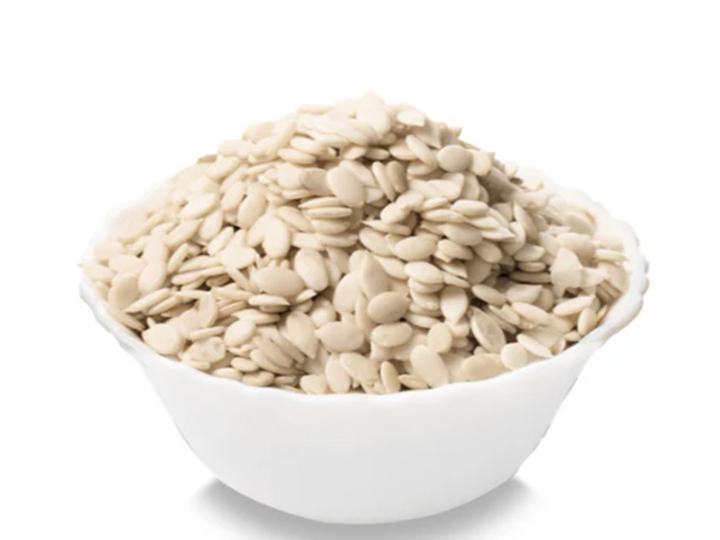
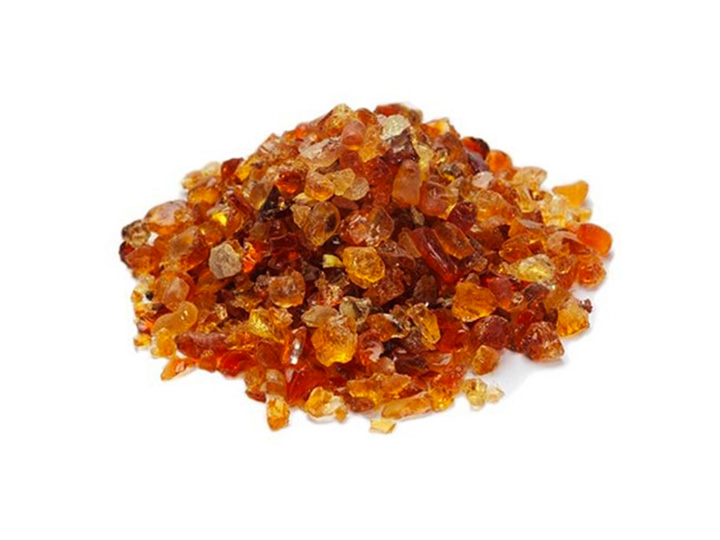
GUM TALHA
Is a natural gum consisting of the hardened sap of various species of the acacia tree. The gum is harvested commercially from wild trees, mostly in Sudan (80%) and throughout the Sahel, from Senegal to Somalia—though it is historically cultivated in Arabia and West Asia.
RED SESAME SEEDS
Sesame seeds are highly valued for their high content of sesame oil, an oil that is very resistant to rancidity. Sesame seeds are the main ingredients in both tahini and the Middle Eastern sweet treat, halvah.
